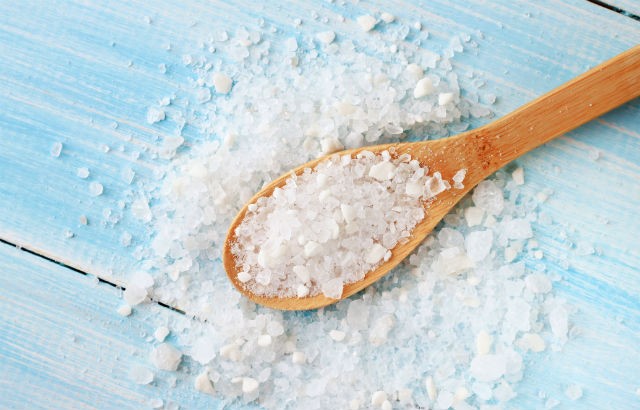Cutting adult daily salt intake in China by 1g could save 4 million lives by 2030
Estimates from a modelling study suggest that a reduction of just 1g in individual daily salt intake in China could ward off nearly 9 million cases of heart disease and strokes and save 4 million lives in by 2030.

Salt intake in China is among the highest in the world (~11 g/day) and cardiovascular disease accounts for 40% of deaths. Previous estimates of the health impact of reducing salt intake in China used either obsolete or otherwise unreliable data sources and did not account for the more prolonged effect of salt reduction on blood pressure over several years. In this study researchers compiled the latest and most reliable figures for population size, salt intake, blood pressure and disease rates by region and age. They then estimated the falls in systolic blood pressure and the subsequent risk of heart attacks/stroke and cardiovascular disease deaths. Results showed that reducing the average adult daily consumption by 1g should lower average systolic blood pressure by about 1.2 mmHg.
Authors conclude that a workable, coherent, sustainable and targeted salt reduction programme in China is urgently needed. Reducing salt intake in the Chinese population of 1.4 billion would also considerably improve global health.
This study was funded by the National Institute of Health and Care Research.
Tan M, He FJ, Morris JK, MacGregor GA. Reducing daily salt intake in China by 1 g could prevent almost 9 million cardiovascular events by 2030: a modelling study. BMJ Nutrition Prevention & Health 2022; doi 10.1136/bmjnph-2021-000408